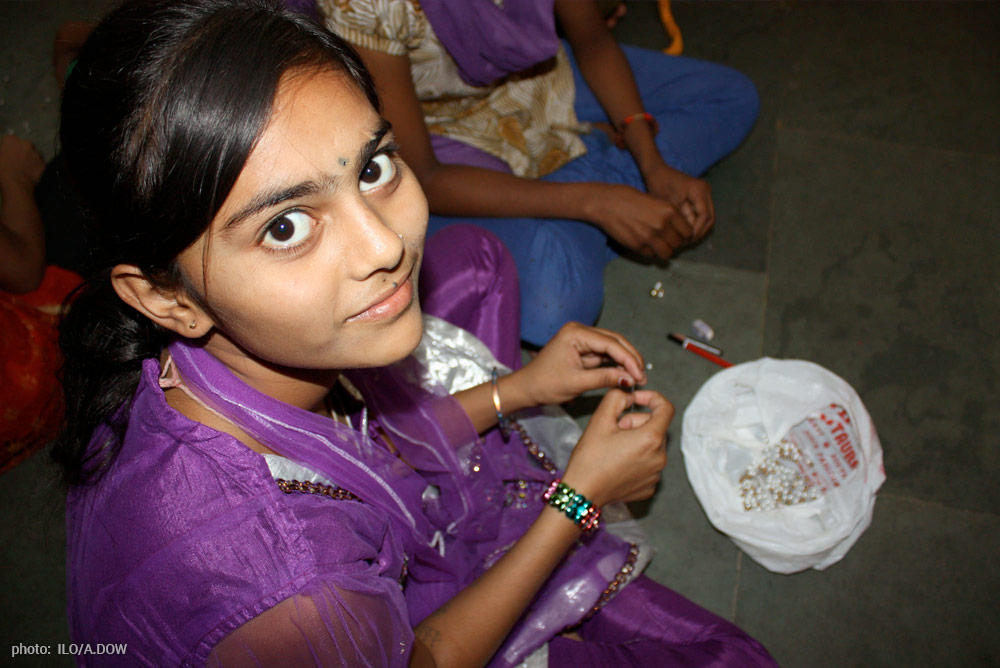NEW DELHI – In Côte d’Ivoire, I once met a boy working on a cocoa farm whose only dream was someday to taste the rich brown chocolate he helped produce. And in Pakistan, I once rescued a boy who sewed footballs and wished only to play with the product of his work.
In the course of more than three decades of defending children’s rights – including rescuing tens of thousands of children from bonded labor and slavery, among them little girls who were trafficked from their homeland for sexual exploitation – I have met young people from many backgrounds. But, whether they are child laborers or victims of war who have lost everything, all have something in common: an indomitable urge to study. They want nothing more than to pick up a book, go to school, and improve their lives through education.
According to UNESCO, every additional year of schooling a young person receives increases their average future earnings by 10%, and can boost countries’ average annual GDP growth by 0.37%. Education doesn’t only break the shackles of human slavery; it can also fuel social, economic, and political change.
Recognition of education’s importance is enshrined in many United Nations treaties and international declarations, and in the constitutions of its member countries. Education is not just a fundamental human right, but also an enabling right – essential for the exercise of all others. With such a powerful tool available to us, we should be doing whatever we can to use it.
To that end, Norwegian Prime Minister Erna Solberg, Chilean President Michelle Bachelet, Indonesian President Joko Widodo, Malawian President Peter Mutharika, and UNESCO Director-General Irina Bokova have convened the International Commission on Financing Global Education Opportunity.
Click here for more from Commissioner Kailash Satyarthi on Project Syndicate.

